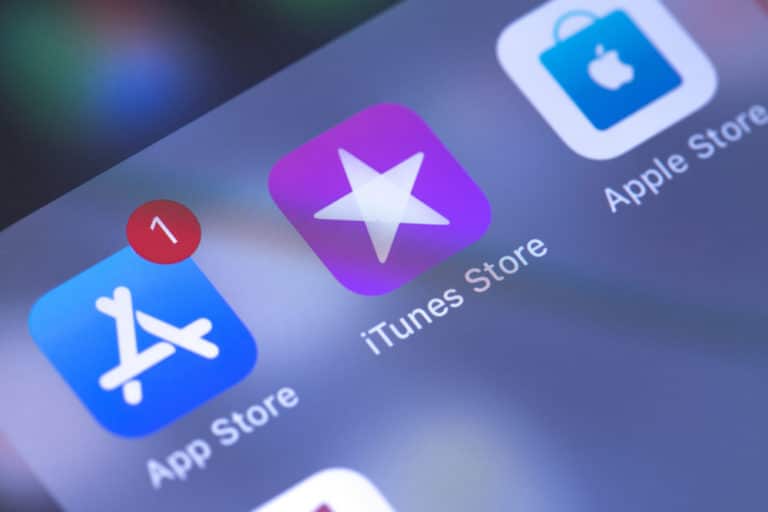Apple has responded to complaints received by the Australian consumer commission from developers. The developers felt that Apple was not properly accessible to consult on the app review process.
Last autumn, the Australian Competition and Consumer Commission (ACCC) launched an investigation into the policy that Apple applies in the App Store and the extent to which this policy is fair to developers and consumers. In doing so, the commission asked for the experiences of these parties. A frequently heard complaint was the lack of transparency in the process for approving apps.
Approval process
When a developer creates an app and wants to publish it on the App Store, the app must first be approved by Apple. This is a manual process and can sometimes slow down the rapid release of updates. For developers, it’s also always a matter of waiting to see what comments Apple will have on the app.
In a response, Apple has shared about these complaints, the company says it is “surprised” that developers have legitimate concerns about their ability to communicate with Apple about the app review process. The company itself believes that it is pretty clear in its communication and cites a few examples.
Apple says that app reviews are done by humans, with the goal of making sure that apps are reliable, perform as expected, respect users’ privacy and are free of objectionable content. The company claims that 73 percent of reviews are completed within 24 hours and any reason for rejection is communicated clearly.
According to Apple, if an app is rejected, developers can contact the Apple employee who was in charge of the review process. They can also appeal to the App Store Review Board. For further communication, Apple maintains a phone line in 175 countries for developers who have questions, as well as local Developer Relations teams.
How fair is de App Store?
Apple is very critical and protective of what does and does not appear on its App Store. Because of these strict assessments, there are relatively few rogue apps, but it is also much more cumbersome for developers to release apps for the App Store than for the Google Play Store.
Recently, the App Store has been in the spotlight mainly because of its strict policy on payments for apps. Apple demands that all payments for and in apps are completed via the App Store. In addition, Apple demands a commission of 15 or 30 percent. Because Apple itself offers competitive services and developers have nowhere else to turn if they want to serve roughly half the smartphone market, several competition commissions are investigating whether there is a monopoly here.
Tip: Great-Britain also investigating Apple App Store policies
